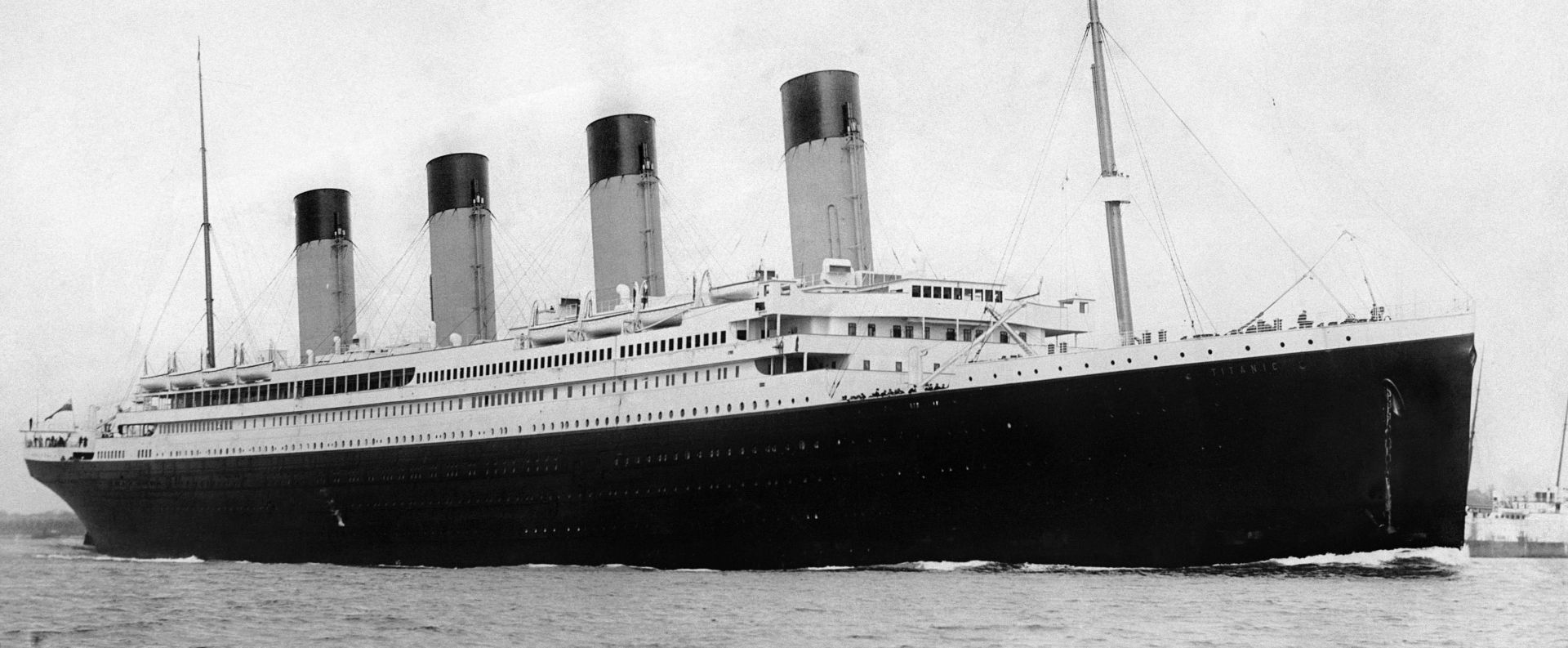Like the Mississippi, the flood of books on the Adams family rolls on; and indeed its crest, now that the long-barred portals to the family papers in the Massachusetts Historical Society have been unlocked, still lies ahead of us. How assuredly it was the most articulate as well as the greatest family in American history! Conscious of the role they played, inveterate diary-keepers and letter-writers, the Adamses from generation to generation told us much of themselves and their forebears. But a few dark episodes they suppressed; for example, the suicide of John Quincy Adams’ scapegrace son George Washington Adams, which gave such anguish to the father and mother, and on which not a line appears in the twelve-volume edition of JQA’s diary. Some of their deepest emotions they hid. And many minor facts about them, much illuminating detail, a rich store of characteristic anecdotes, remain to be quarried from what is probably the most remarkable family archive on the face of the globe. Long as the shelf of books by and about the Adamses is, it will be doubled during the next generation.
January 2011
From time to time AMERICAN HERITAGE will publish letters which seem to have special interest for its readers. The following letter from the U.S. Ambassador at the United Nations deals with the article on the elder Henry Cabot Lodge which appeared in the August issue.
Dear Sirs:
There are three specific points concerning your article about my grandfather, the late Henry Cabot Lodge, by John A. Garraty which I should like to make as a matter of fairness—and one general point which I hope has practical contemporary value.
2. The title of the article is “Spoiled Child of American Politics”—a title which is belied by the very text of the article itself, which shows that throughout his life in “American politics” my grandfather was constantly being opposed, criticized, attacked, resisted, and was anything but “spoiled” in the sense of having his own way.

The actual conversations of great men of the past—saving Samuel Johnson, perhaps, and a legendary Socrates—have seldom been recorded. How instructive and interesting would it be now had some posterity-conscious person recorded a conversation of Benjamin Franklin as he talked with friends at the City Tavern or Junto Club in Philadelphia, or Thomas Jefferson’s after-dinner discussions with guests at Monticello, or the conversations of Henry David Thoreau with the thinkers of Concord!
The American of the early Nineteenth Century did not have many pictures to look at. No illustrated journals, no bright electronic images presented themselves to him; only a handful of “museums” offered him a glimpse of art. Consequently the introduction of the poster, suddenly decorating fence and shed and rural barn, was an instant success with a people starved for excitement and works of imagination. No one knows who invented the poster, of course, for these crude, ephemeral pasted sheets are first definitely recorded in the early 1830’s. The natural outgrowth of the handbill and the development of such new methods of printing as lithography, they were first used to herald the wild animal shows which astounded our ancestors. Soon they blossomed forth in garish colors, and embraced the stage, the patent medicine trade and every conceivable industry, speaking always in a wonderful tone of unsophisticated grandiloquence. In this century the art form is utterly changed, and few of the old posters have survived wind, rain and time.
